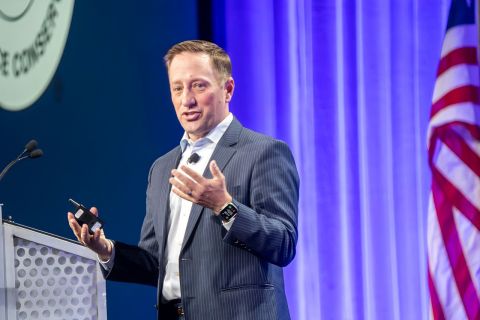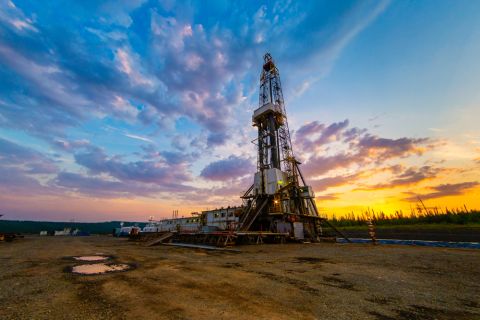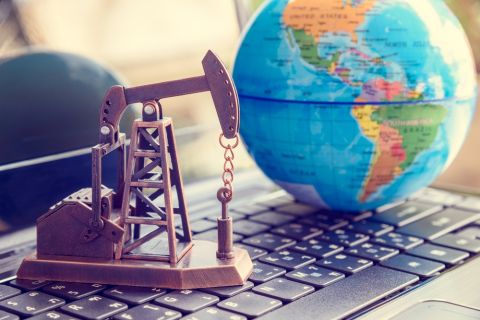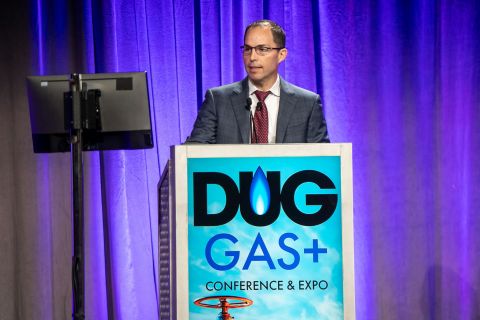Oil prices rose on May 18 on expectations that easing COVID-19 restrictions in China will boost demand and as supply concerns grew.
Brent crude was up $1.92, or 1.7%, at $113.85 a barrel at 1225 GMT, while U.S. WTI crude climbed $2.69, or 2.4%, to $115.09 a barrel, reversing some of the previous session's losses.
Hopes of further lockdown easing in China boosted expectations for demand recovery. The country's authorities allowed 864 of Shanghai's financial institutions to resume work, sources said on May 18, a day after the Chinese city achieved a milestone of three consecutive days with no new COVID cases outside quarantine zones.
And China has relaxed some COVID test rules for U.S. and other travelers.
The market also saw support from rising supply concerns. Russian crude output in April fell by nearly 9% from the previous month, an internal OPEC+ report showed on May 17, as western sanctions on Moscow curbed exports.
The price rise is being capped by reports that the U.S. is planning to relax sanctions against Venezuela and allow Chevron Corp. to negotiate oil licenses with Venezuela's national producer.
"Though this will bring little relief to the market in the short term, it would nonetheless be a first step towards ensuring that more oil could reach the market in future from currently sanctioned countries," Commerzbank analyst Barbara Lambrecht said.
The EU's failure to persuade Hungary to lift its veto on a proposed embargo on Russian oil is adding price pressure, although some diplomats expect agreement on a phased ban at a summit at the end of May.
The EU intends to mobilize up to 300 billion euros of investments by 2030 to end its reliance on Russian oil and gas, European Commission President Ursula von der Leyen said on May 18.
"In the meantime, the oil market will likely take its cues from today’s EIA update concerning US oil stocks," PVM analyst Stephen Brennock said.
U.S. crude and gasoline stocks fell last week, according to market sources citing American Petroleum Institute figures on May 17.
For the economic outlook, U.S. Federal Reserve Chairman Jerome Powell on May 17 said the central bank would ratchet up interest rates as high as needed to stifle inflation that he said threatened the foundation of the economy.
Recommended Reading
API Gulf Coast Head Touts Global Emissions Benefits of US LNG
2024-04-01 - The U.S. and Louisiana have the ability to change global emissions through the export of LNG, although new applications have been frozen by the Biden administration.
Tinker Associates CEO on Why US Won’t Lead on Oil, Gas
2024-02-13 - The U.S. will not lead crude oil and natural gas production as the shale curve flattens, Tinker Energy Associates CEO Scott Tinker told Hart Energy on the sidelines of NAPE in Houston.
Paisie: Dutch Vehicle Fleet Foreshadows Structural Shifts
2024-03-26 - The expanding role of battery electric vehicles will be supported by the development of associated supply chains, as indicated by Stratas Advisors' forecast of global EV battery production capacity.
Oil Market Shifting Back to Supply/Demand
2024-03-08 - Stratas Advisors' John Paisie forecasts the price of Brent crude to increase during the second and third quarters of this year and move toward $90/bbl.
Plus 16 Bcf/d: Power Hungry AI Chips to Amp US NatGas Draw
2024-04-09 - Top U.S. natural gas producers, including Chesapeake Energy and EQT Corp., anticipate up to 16 Bcf/d more U.S. demand for powering AI-chipped data centers in the coming half-dozen years.





